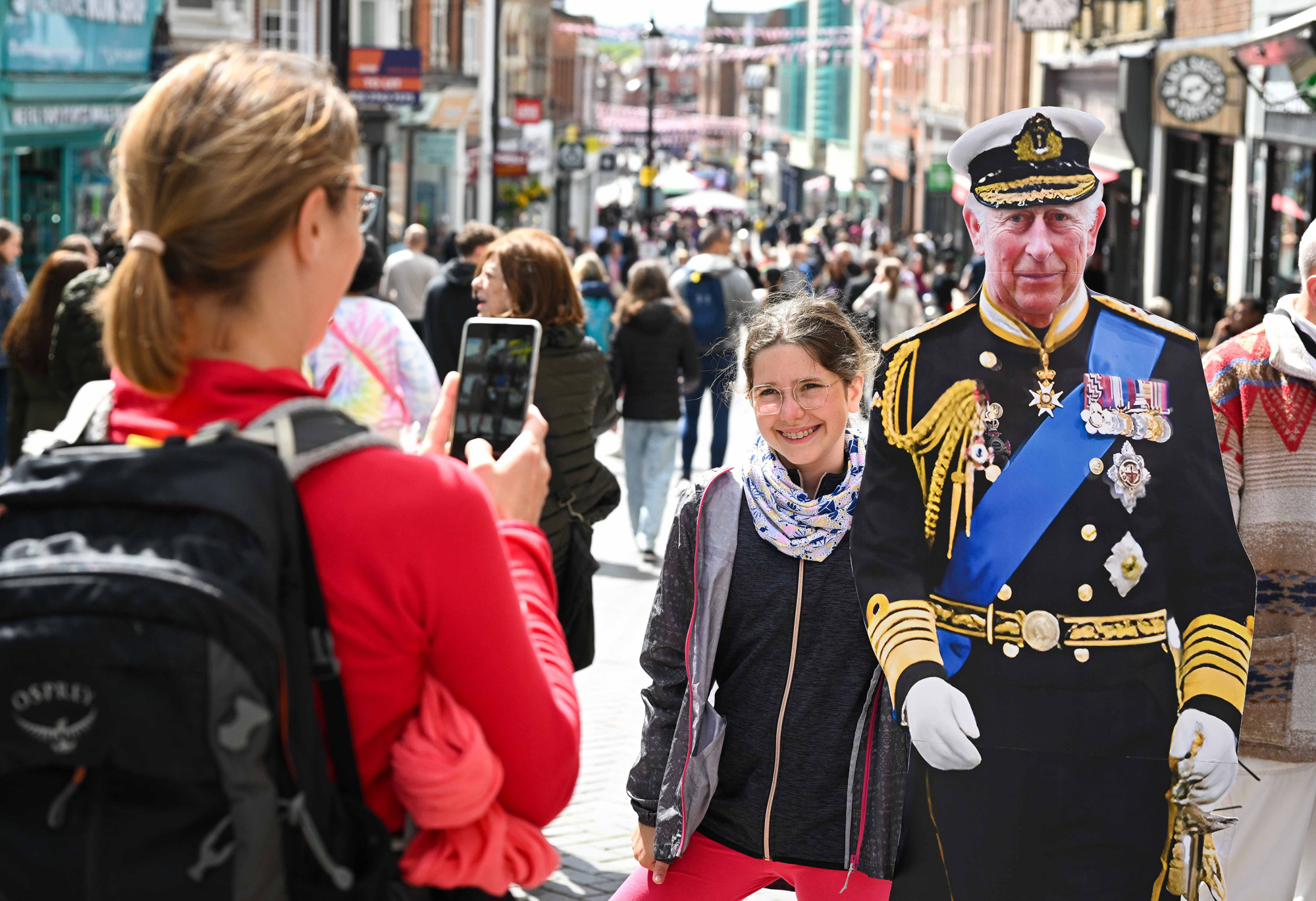
Coronation was a typically British affair but it did not appeal to all
- The ceremony, steeped in tradition, marked the beginning of a new era. Yet Charles will need to modernise the monarchy if it is to survive
The crowning of a king is a rare event these days and the coronation of King Charles III, with all its pageantry, tradition and royal splendour, was a spectacle of the kind Britain is famous for.
Today, I am off to one of the almost 4,000 street parties to be held in honour of the new sovereign. It takes the form of a “big lunch” on the village green. Union jacks are flying and there is lots of bunting. The church bells will ring and a jazz band will play. Sadly, the British weather might put a dampener on the celebrations. As one headline-writer put it: “long may he rain.”
The ceremony, watched by millions around the world, was impressive, if you like that sort of thing. But to make it contemporary and relevant, if not quite cool and trendy, was always going to be an uphill task.
At its core, the proceedings date back to the crowning of King Edgar in 973. There were jewel-encrusted crowns, swords, sceptres and an orb. Charles was anointed with holy oil, signifying that he is God’s choice. It is, of course, an anachronism. But the archaic rituals are integral to the coronation’s meaning, symbolism and, to an extent, its appeal.
Charles is determined to be a modern monarch. It had been 70 years since the last coronation. This time, there were some changes intended to reflect 21st century values.

The event was scaled back, with a mere 2,000 guests. The route for the royal procession was shorter than in 1953. Charles took the traditional oath to uphold the law, show justice and mercy and – more controversially – maintain the protestant religion.
The king sees himself as a protector of all faiths, in keeping with Britain’s diverse society. A minority of British people described themselves as Christian in the 2021 census. To reflect that, the ceremony included a call to foster an environment in which people of all beliefs can live freely. For the first time, leaders of different religions and women bishops took part.
One well-intentioned but misconceived attempt at inclusivity backfired. Traditionally an oath of allegiance to the king is taken by members of the aristocracy. Someone had the bright idea of extending this to the general public, with people invited to make a promise to “pay due allegiance” to their sovereign while watching on television.
Not everyone welcomed the invitation to kowtow in their living rooms. The plan was belatedly tweaked to make it more of an invitation to show support and engage in personal reflection. But the damage had been done.
The lavish coronation of a king with a personal fortune of £600 million (US$755 million) comes at a time when Britain is facing a cost-of-living crisis and widespread strikes. Charles will need to modernise the institution if it is to survive.
China ready to work with Britain, Xi tells king in coronation message
A recent opinion poll showed only 29 per cent of respondents thought the monarchy was “very important”, a record low. The figure for 18-34 year olds was only 12 per cent, underlining the need for the king to find a way to appeal to younger people.
Another survey showed 64 per cent said they didn’t care (very much or at all) about the coronation. But 43 per cent said they would watch it on television or take part in related events. Coronation memorabilia, meanwhile – from teddy bears to mugs and fridge magnets – has been in high demand.
Britain marks coronation of King Charles in rainy London
This reflects British people’s conflicted approach to the monarchy. Some are ardent monarchists, others republicans. Most of us accept the royal family and broadly support it on the grounds of stability, continuity and national identity, while recognising that it needs to move with the times.
The coronation was a typically British affair. It will not appeal to everyone. But the colourful ceremony, steeped in tradition, marked the beginning of a new era – and it is a good excuse for a party.

